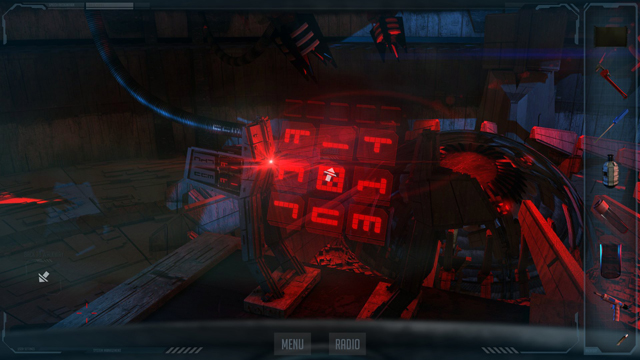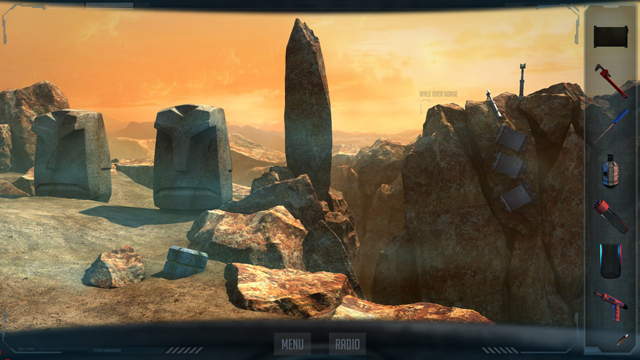A decent trip to Deadrock.
Nostalgia is not really a factor in why I enjoy adventure games. I honestly appreciate the format even if some games are not respectful of players’ time or patience. Like any other gaming genre, not every adventure game is worthwhile. Morningstar: Descent to Deadrock, which is an HD upgrade of a free Flash-based game, manages to feed that adventure game itch at its most basic level without overstaying its welcome.
The title doesn’t suggest much, but you’re put in the shoes of the gruff Powell, the only able survivor of a crash. His coworker is dead, and his captain, Novak, is pinned to his seat with a rod. Powell’s mission, accepted by necessity, is to get the Morningstar up and running again. But no one has ever returned from “Deadrock,” as the planet is called, and no one knows why. Over the course of your two-hour adventure, you’ll discover the answers to all those questions.
The story itself is not that compelling, which may be the largest fault of remaking a short, free Flash game. Although you learn the secrets of Deadrock, which are pleasantly quirky in a way, it’s all very straightforward. Powell literally spends the whole of the game trying to repair the ship; there are no great big space operas, conspiracies, or complex relationships to uncover. Powell and Novak don’t grow closer together (spoiler: no romance), though they playfully rib each other in an awkward, forced manner.
This isn’t to say that the story isn’t enjoyable to play through, quite the opposite actually. I sincerely appreciated much of the simplicity in the game's progression. Powell and Novak, without giving out the answers, express clear goals for players, either during story points or when the player clicks on an object. For example, clicking on a broken engine will prompt Powell to reiterate that certain events need to happen in order for it to become usable again. Cues like that are often just the right clues to figure out what kind of object to use or to look for without being obvious or pedantic.
To its credit, the only reason I got stuck in Morningstar was my own fault. When the mouse rolls over something you can interact with, either an object or an exit, it is briefly highlighted. And those zones are generous, allowing you to find areas or note by performing a quick scan with your cursor. In two of the screens, I just failed to bother paying attention. It wasn’t even a matter of pixel hunting. Frankly, from these easy-to-find hot spots, the voice hints, and a radio you’re given for Novak to remind you of short-term goals, it’s like the game is sincerely interested in you finishing it but still feeling like you did the work yourself. I even solved a puzzle through experimentation—no unnecessary roadblocks to solutions.
Morningstar doesn’t only appreciate your time, but it’s easy on the senses too. There are only a few cut-scenes, but all animations and scenes are nicely done, even though clean, abandoned environments have been done to death. It’s definitely an upgrade from the original, which had a sketchbook style to its presentation. None of the visuals will blow you away, and neither will the voice acting. But while gamers wax uproarious over Day-1 DLC and matching price points to game length, a $10 diversion fits the bill rather nicely. I’d also be lying if I said the HyperCard-esque nature of the game’s format didn’t take me back just the smallest bit.
-
Nice graphic upgrade from original Flash game
-
Cheesy voicework
-
Bland story and characters
-
Quirky twist
-
Engaging puzzles with just the right amount of hints/suggestions
-
Good price for presentation and experience
Morningstar: Descent to Deadrock
-
Morningstar: Descent to Deadrock #1
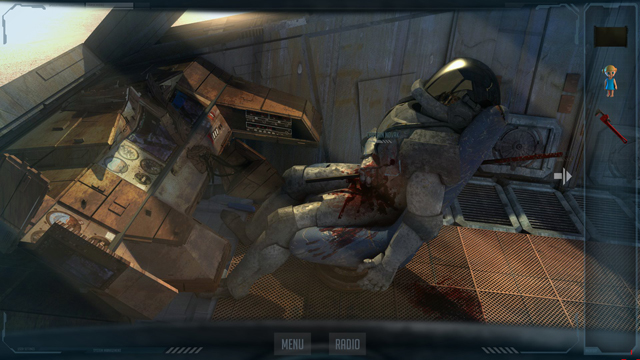
-
Morningstar: Descent to Deadrock #2
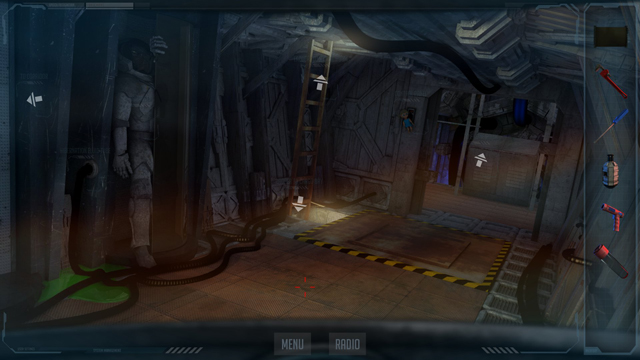
-
Morningstar: Descent to Deadrock #3
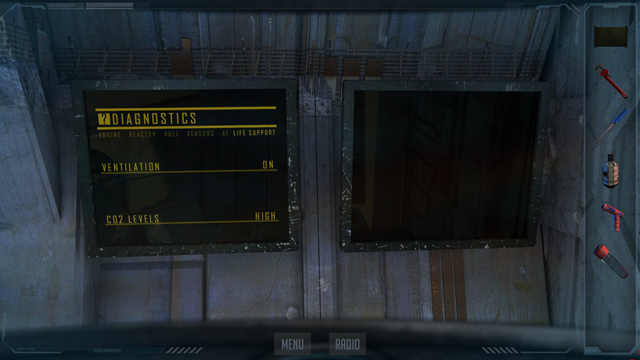
-
Morningstar: Descent to Deadrock #4
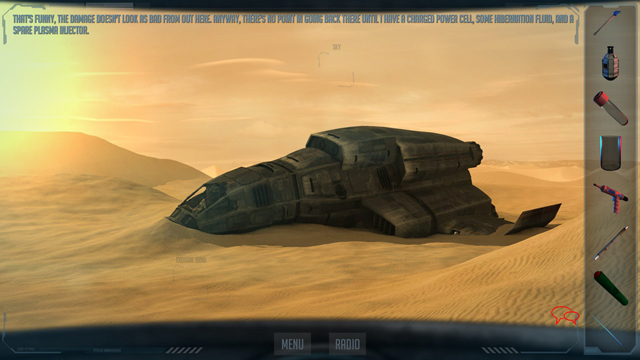
-
Morningstar: Descent to Deadrock #5
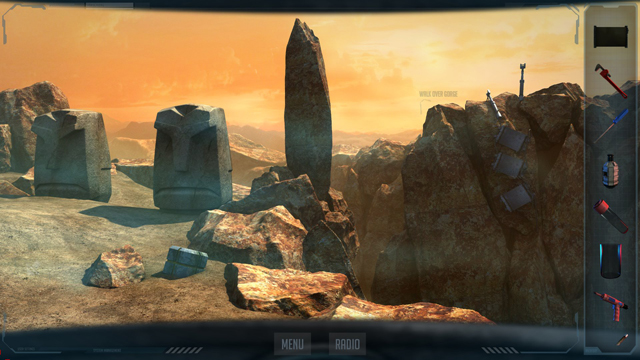
-
Morningstar: Descent to Deadrock #6

-
Morningstar: Descent to Deadrock #7
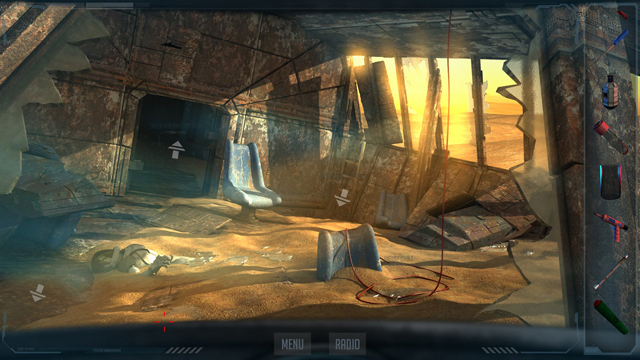
-
Morningstar: Descent to Deadrock #8
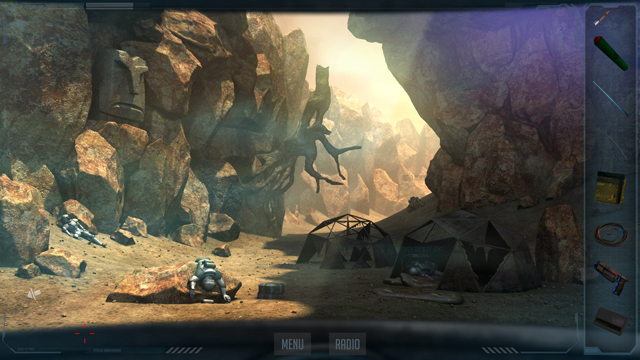
-
Morningstar: Descent to Deadrock #9
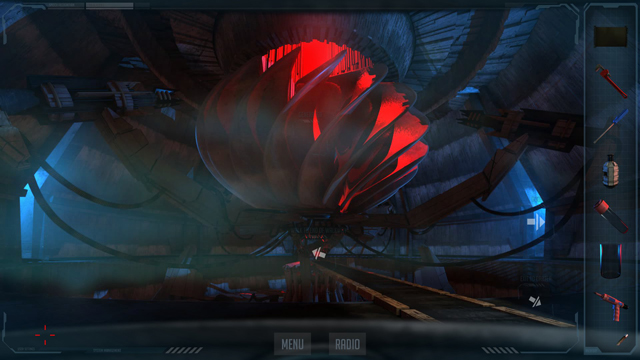
-
Morningstar: Descent to Deadrock #10
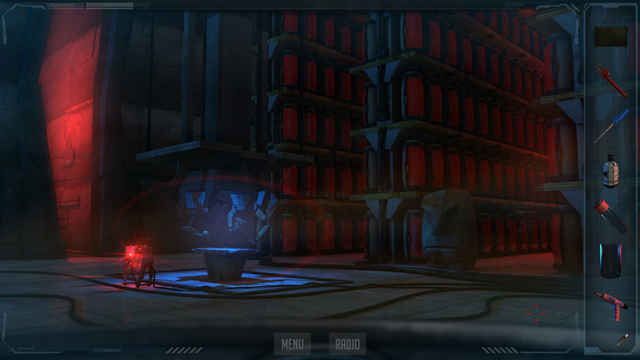
-
Morningstar: Descent to Deadrock #11
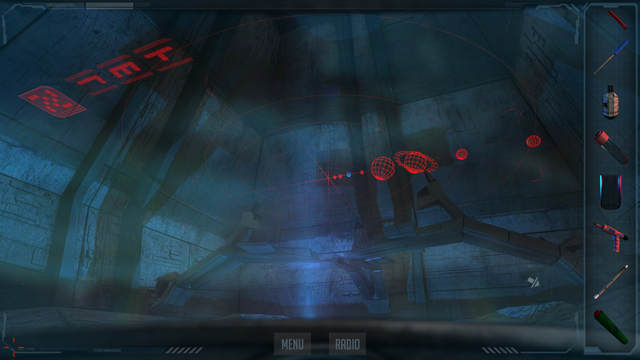
-
Morningstar: Descent to Deadrock #12
